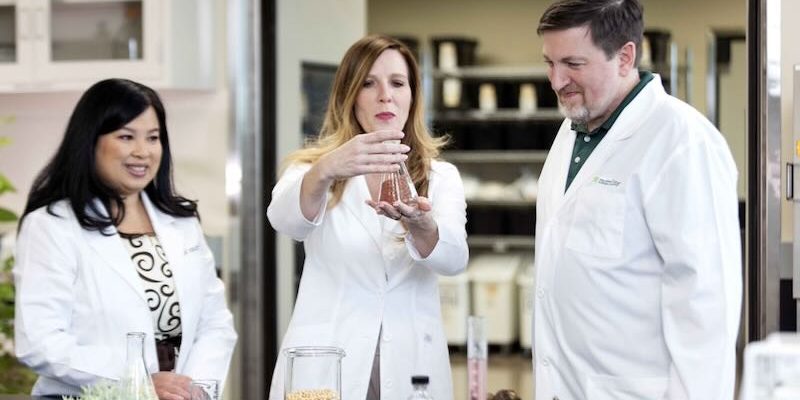
The current definition limits the health benefits that can be claimed.
As consumers look for ways to maintain or improve their health, the dietary supplements market in most parts of the world has been growing rapidly in recent years. Taiwan remains a major exception because of the stringent regulations governing this sector.
The size of the worldwide market for supplements has more than doubled over the past two decades, growing from US$49.1 billion in 1999 to $127.8 billion in 2017, according to the International Alliance of Dietary/Food Supplement Associations. Japan and China together make up 22% of the global market, yet the strict regulatory structure in Taiwan has kept this market relatively flat.
The crux of the issue is that Taiwan regards dietary supplements as a type of “food in tablet or capsule form,” rather than treating them as a discrete category as AmCham Taipei’s Retail Committee has consistently been suggesting through the Chamber’s annual Taiwan White Paper. Although there is a health foods sub-category, the number of products gaining approval has been extremely limited – only 437 since the licensing system was established in 1999 (compared to more than 6,000 in Japan).
In addition, the regulations fail to recognize that dietary supplements may have health benefits beyond those of general foods. In fact, there are only 13 types of health benefits that dietary supplements are allowed to claim in their advertising or publicity. Evidence obtained from scientific tests and clinical trials often cannot be cited because it does not fall within the permissible scope. Under the Food Safety and Sanitation Act, punishment can be imposed for any additional claims on the grounds of their being exaggerative or misleading.
The restriction on claims puts consumers at a disadvantage in deciding what products would benefit their health condition, says Alex Lin, head of government affairs for Herbalife Taiwan, Hong Kong, and Macao. “As long as we have sufficient scientific evidence to back it up, we should be able to say what our products do.”
The Retail Committee also maintains that creating a separate dietary supplements category would help Taiwanese manufacturers gain more international credibility. “When people in other countries see that Taiwan has defined dietary supplements more clearly, they will have more trust in purchasing from Taiwanese companies,” says Lin.




